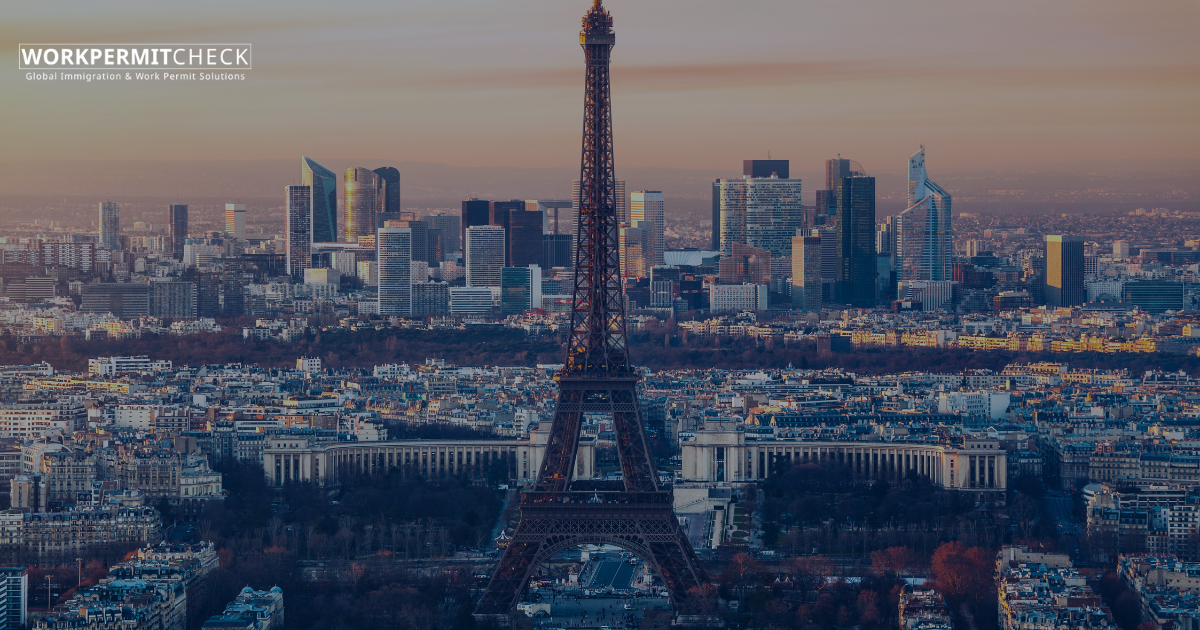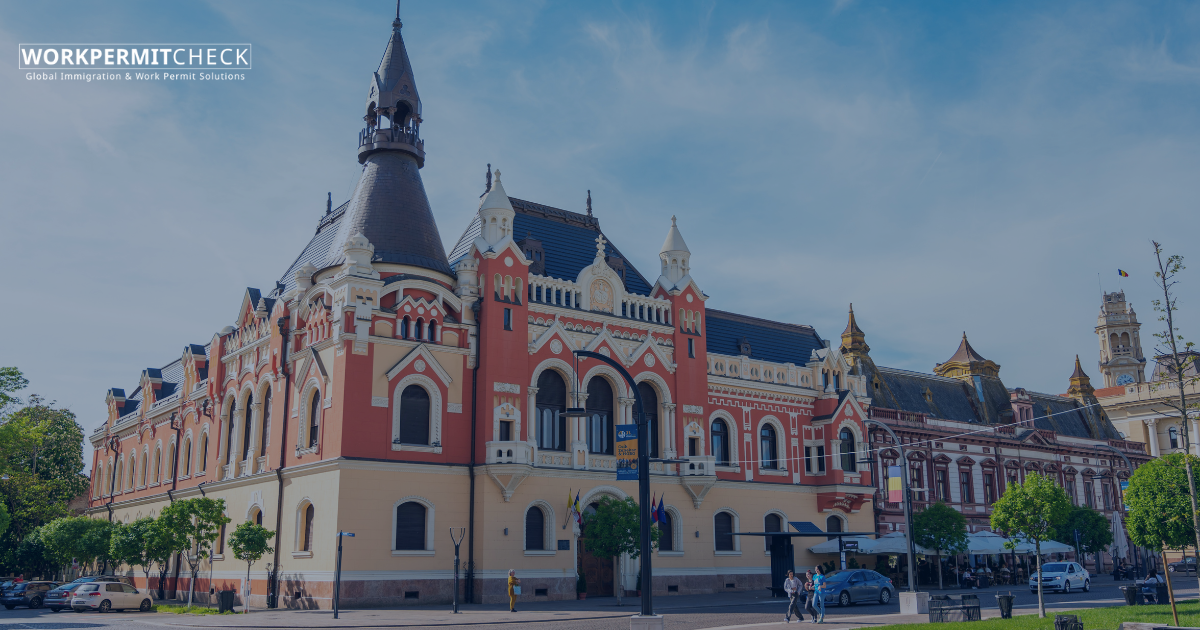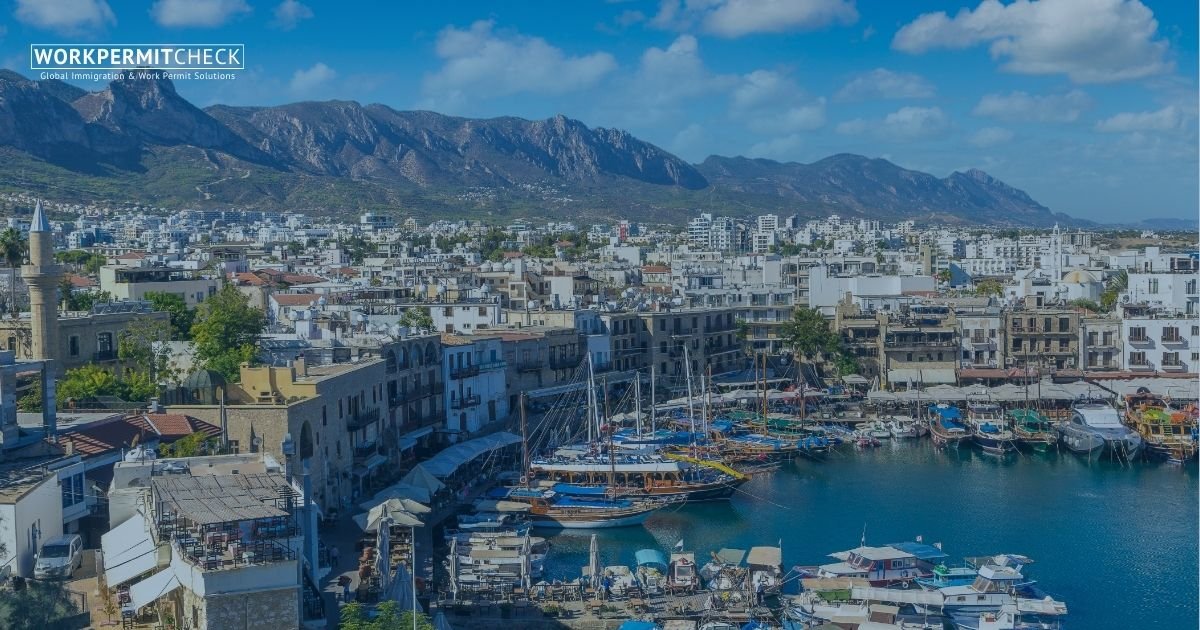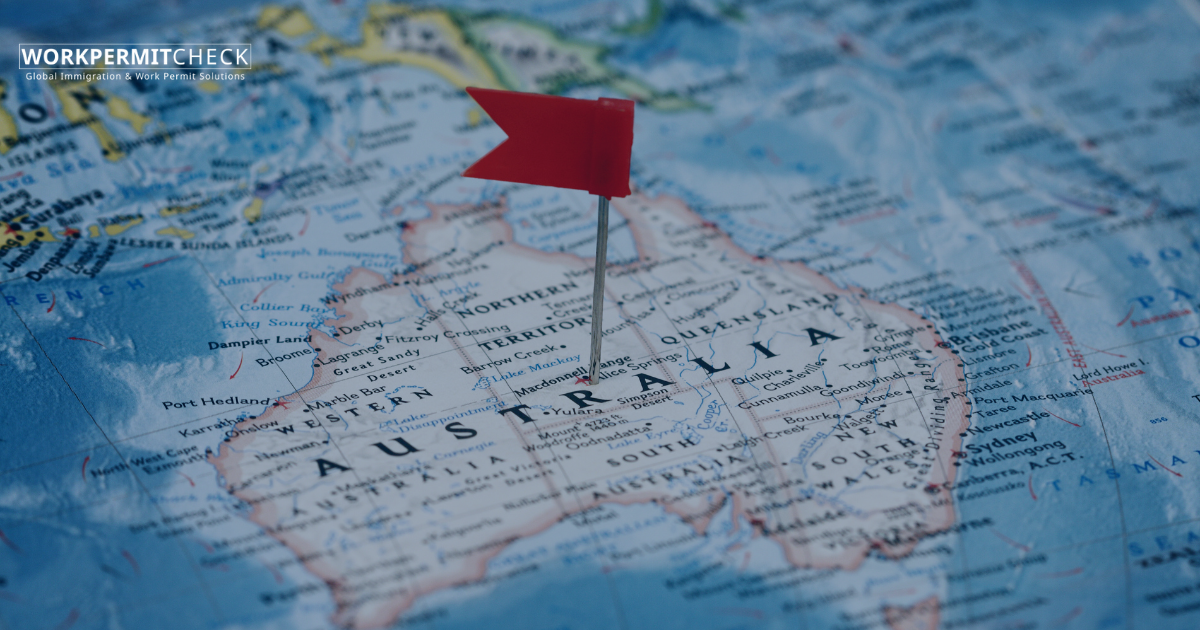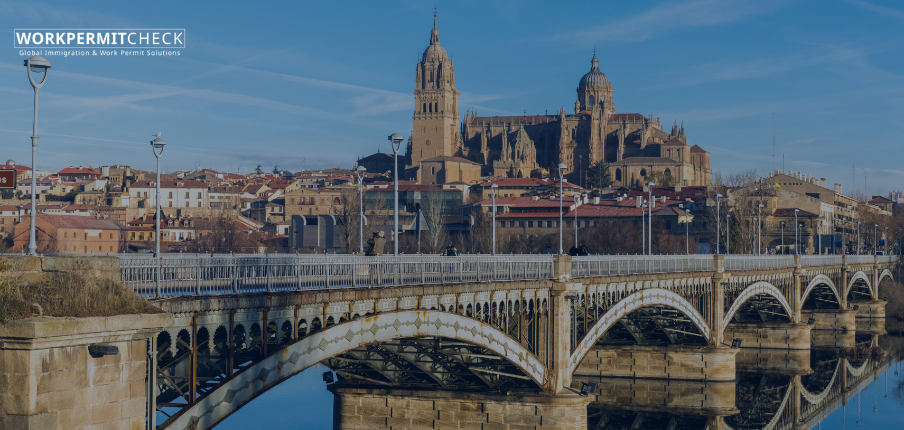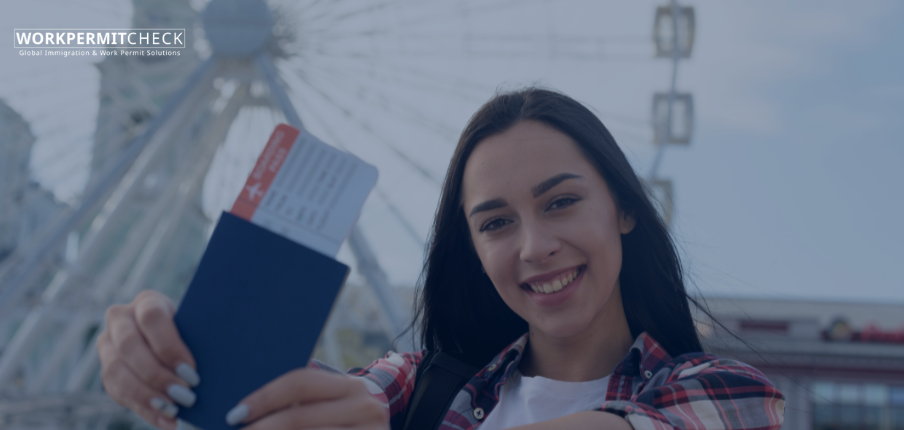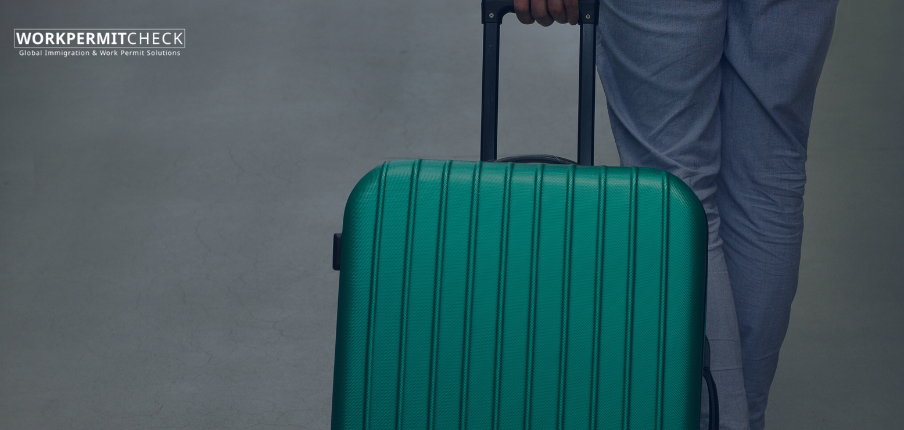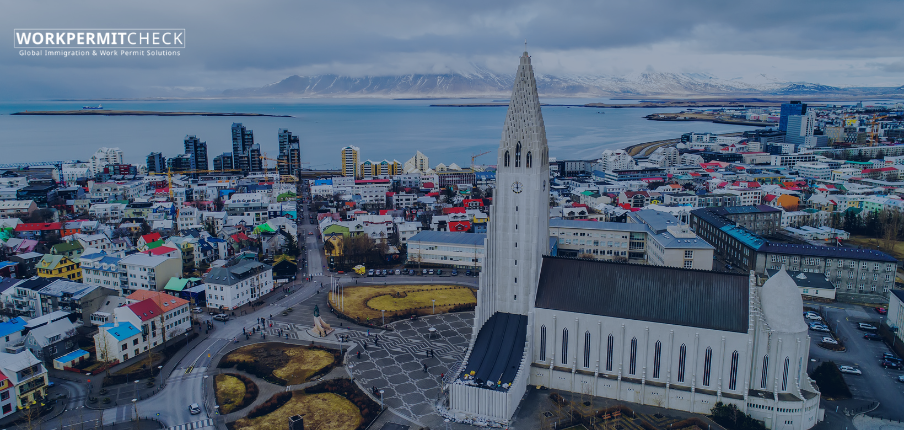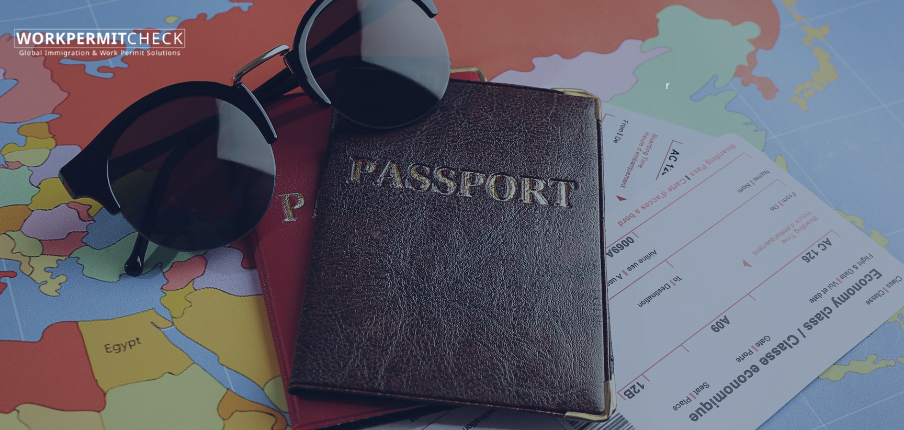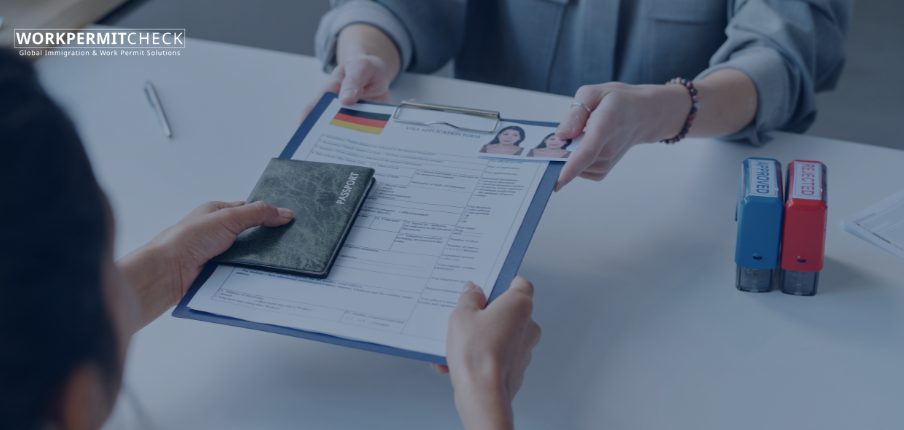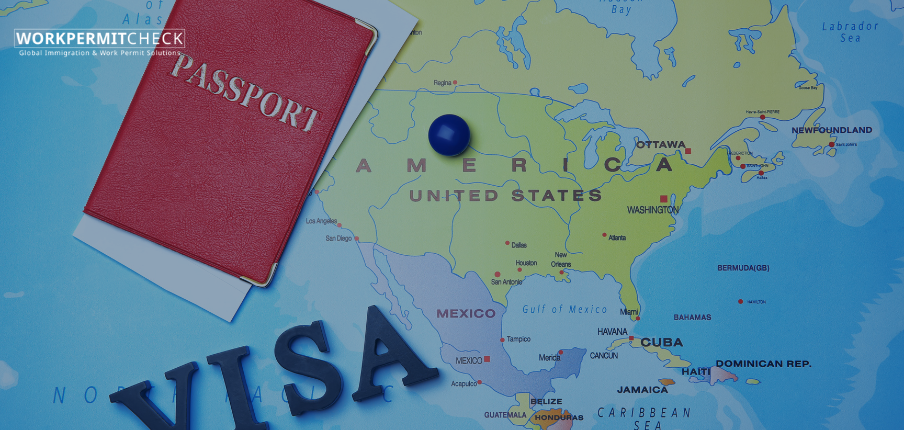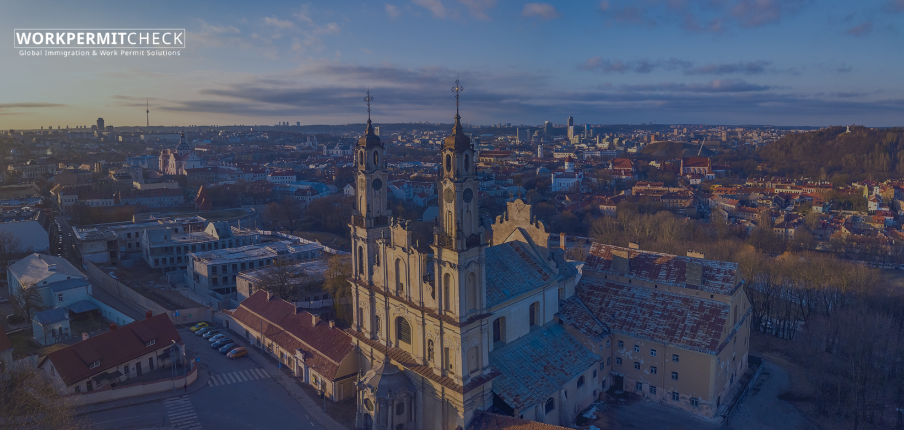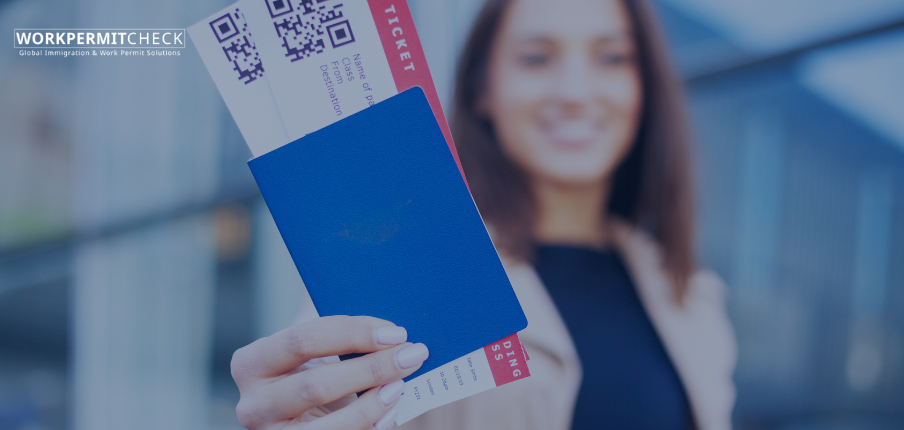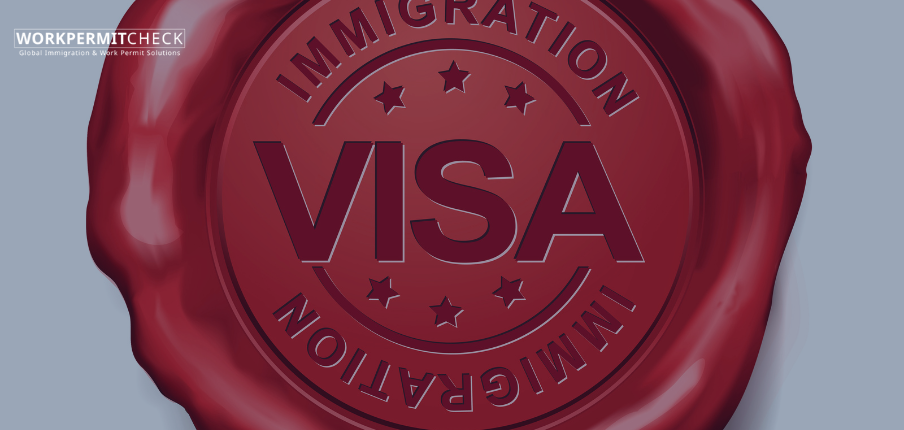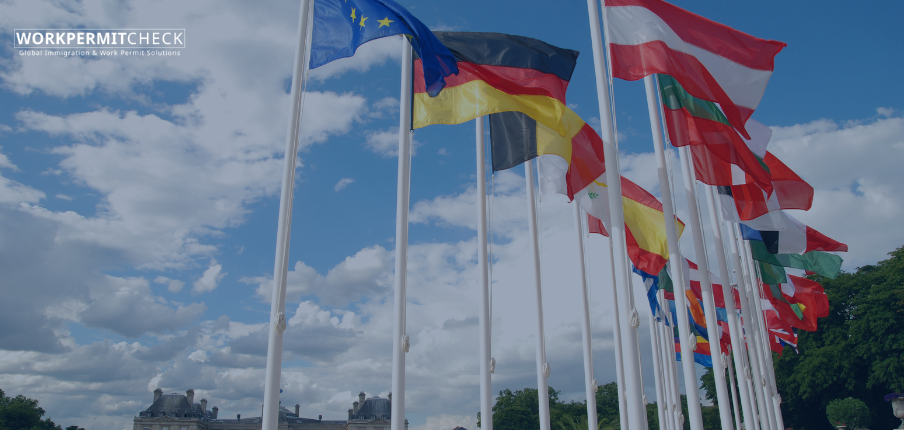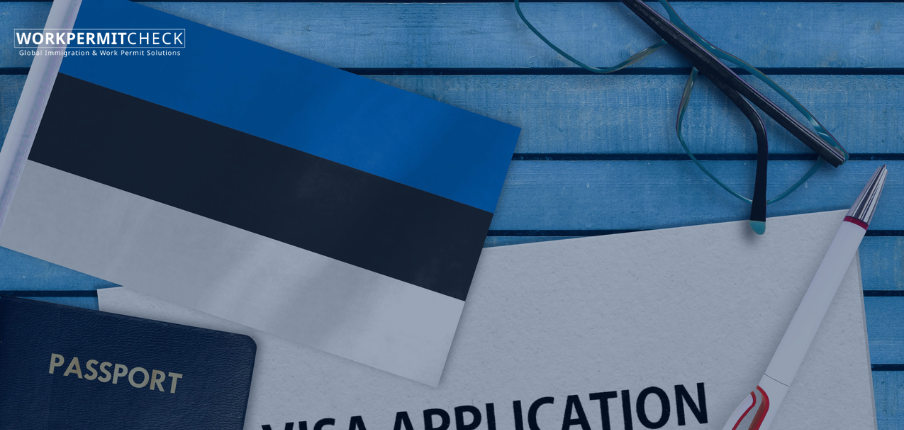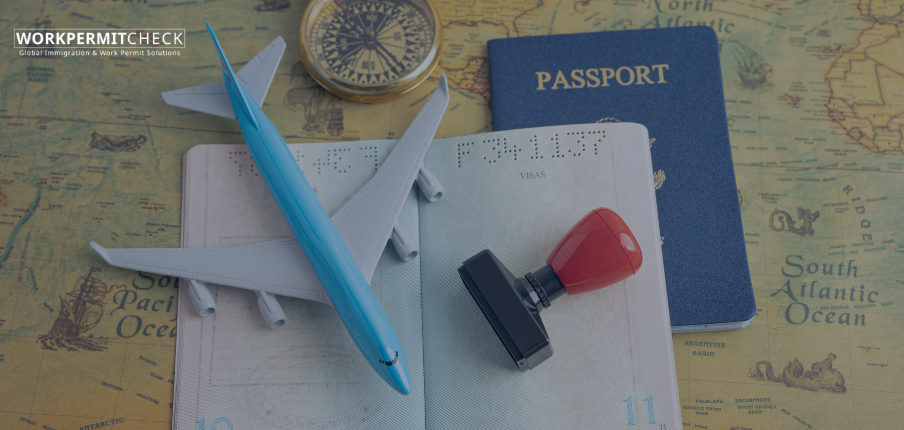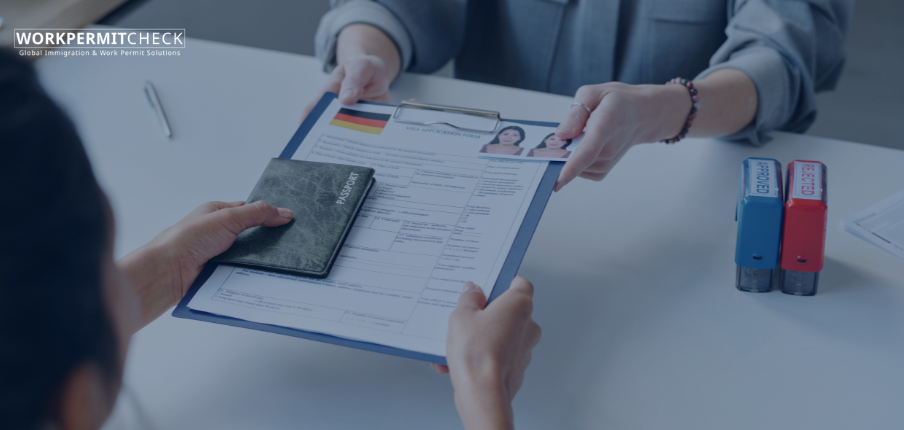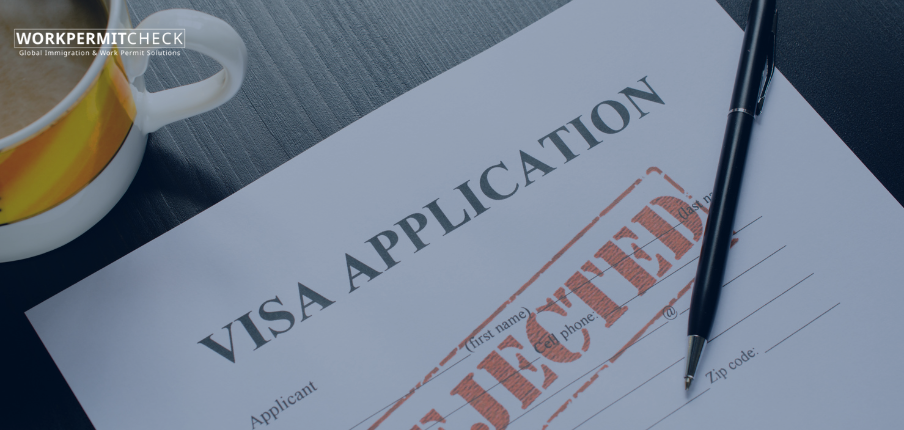Slovakia, as a member of the European Union and the Schengen Area, has clear rules that govern the rights and benefits of foreign nationals entering with valid visas. The specific rights depend on the type of visa obtained — short-stay (Schengen Visa) or long-stay (National Visa/Temporary Residence Permit). Understanding these rights helps visa holders stay compliant while making the most of their stay.
Rights of Short-Stay (Schengen) Visa Holders
Holders of a Type C Schengen visa (up to 90 days in a 180-day period) enjoy the following rights:
• Travel Within Schengen: Free movement across Slovakia and other Schengen countries for up to 90 days.
• Entry for Defined Purposes: Use for tourism, family visits, business meetings, conferences, or short-term studies.
• Basic Services Access: Right to access urgent healthcare in case of emergencies.
Limitations: Short-stay visa holders cannot engage in paid employment in Slovakia.
Rights of Long-Stay Visa Holders (Type D)
A long-stay national visa allows foreign nationals to remain in Slovakia for more than 90 days for specific purposes, such as study, work, or family reunification. Rights include:
• Extended Stay: Live in Slovakia for the visa duration (often up to 12 months).
• Work or Study: Engage in employment or education if the visa was issued for those purposes.
• Application for Residence: Opportunity to transition to a temporary residence permit without leaving Slovakia.
• Healthcare: Access to healthcare services once registered with the Slovak social insurance system or through private health insurance.
Benefits of Holding a Slovak Visa
• Legal Stay: Ensures compliance with Slovak and EU immigration rules.
• Mobility: Ability to travel within the Schengen Area during the visa’s validity.
• Employment Rights: For long-stay visa holders, the right to work legally with an authorized employer.
• Social Security Access: Some visa holders (especially those with employment contracts) gain access to social insurance benefits, including healthcare and pension contributions.
• Pathway to Residency: Long-term visa and residence permit holders can eventually apply for permanent residency after continuous legal stay.
Key Considerations
• Rights are always linked to the purpose of the visa. For example, a study visa allows study but not full-time work.
• Overstaying or breaching conditions (such as unauthorized work) can lead to fines, visa cancellation, or bans from entering the Schengen Area in the future.
• Employers must be registered and authorized to hire non-EU/EEA nationals.
Disclaimer
This article is for informational purposes only and does not constitute legal advice. The rights and benefits of Slovakia visa holders vary based on nationality, visa type, and individual circumstances. Immigration laws and procedures are subject to change. For official information, always consult the Slovak Ministry of Interior or the local Foreign Police Department.
September 17, 2025


